Audiences are hard to please. Give us too much of modern life in a work of art, and we find it shallow. Give us too little, and we are prone to call it stuffy and academic.
There is a sweet spot between realist exposé and classically restrained theater. This is the case with Over the Moon, a new play written and directed by Matthew Gasda. In the witty, self-undercutting, and absurdly clinical language that is the contemporary speech of the young, the play’s Generation Z and millennial protagonists navigate the confusing vagaries of love.
The action remains in one place: the shared uptown Manhattan apartment of 20-something cousins Eden (Lilly Brown) and Cody (Spencer Cramer). They recently moved in together after breaking up with their boyfriends. Both are happy to be free, or so they say, but they are generally unhappy with life and with themselves.
Matthew Gasda succeeds at the difficult task of making something meaningful out of life in the 2020s
Eden, a musician who has postponed her career to become a phone-addicted influencer, spends her time rewatching the same few comfort movies while telling others how glad she is to have moved out of her ex’s apartment. But she can’t seem to resist inviting him over so they can keep arguing.
Ezra (Sam Hyrkin on the night of my attendance) thrives off this conflict, being an uncompromising amateur polemicist who loves to deliver social-media rants in real life. He is somewhat deservedly in love with the sound of his own voice, although his too-big-for-his-britches immaturity makes him the easy prey of Eden’s trip-ups. Eden has left him for Remy (Sam Marzella), an anti-introspective sleaze who sleeps around the city without purpose and can’t seem to keep Eden interested like Ezra could.
Meanwhile, Cody is busy “breaking the heart” of a guy whom we never meet. Cody’s real struggle is not with an ex, but inward. He is a narcissist who, as he puts it, loves himself for being tall, handsome and financially successful, at the same time as he loathes himself for reasons unknown. He sounds off his half-baked Freudian analyses of his parents to his pal Tee (Taj Burroughs), who condescendingly coaches him while harboring his own insecurities. The Jungian therapist Dana (Joanne Tomasello) lurks in the background of the play, offering her examinations as a guide to the young while obscuring her own desires and hiding behind her profession. Several lines are powerful; some are forgettable. But Gasda succeeds at the difficult task of making something meaningful out of life in the 2020s.
During the intermission, some older folks seated next to me remarked how funny it was to observe the generational differences. It wasn’t the trendy slang or the technology that got them; it was that young people talk everything out, whereas earlier generations kept things to themselves. Zoomers and millennials certainly do talk a lot. But all that chatter seldom gets to the essence of things. We slowly circle the truth, yet rarely reach it.
In Over the Moon, by contrast, members of older generations need gallons of drink to become loquacious. Midway through, Cody and Eden’s boozy uncle Billy (Robert Laine) pronounces his in vino veritas: He cannot shake the recent death of his father. The image in his mind of all their relatives carrying on with their lives after the funeral of that towering figure haunts his sense of personal purpose.
Billy then hits on a realization about society’s inability to confront death, which arrives like a ringing bell. His revelation casts the frivolity of the young characters in a darker light, but the sympathy it evokes also points toward redemption for these youth who are struggling to confront life.
The play rises from social commentary to legitimate art piece, avoiding mere parody and ax-grinding. Its characters are flawed but charming; each one is treated humanely. None is fundamentally revolting, and all score points on their counterparts, keeping each other’s delusions in check.
At times, the amount of vapid nonsense spewing from the characters makes one question whether Gasda is fully beyond his object of study. Does the writer not realize how silly his creations sound? But then Wagner’s Tristan chord plays after an intense conversation over Pilates, and you’re reassured that he is in on the joke.
Over the Moon manages to render the present with an eye toward the timeless. Gasda has been making a name for himself in New York over the past few years. He is most known for his theatrical chronicling of the city’s Dimes Square social scene, a loose movement of alternative artists who operate around Canal Street, known for their edgy depictions of internet culture. But unlike the scenesters and hangers-on he previously dissected, he’s clearly in it for the long haul. The audience could hear him, seated above us, laughing with his characters, gleeful at the drama of life.
This article was originally published in The Spectator’s September 29, 2025 World edition.



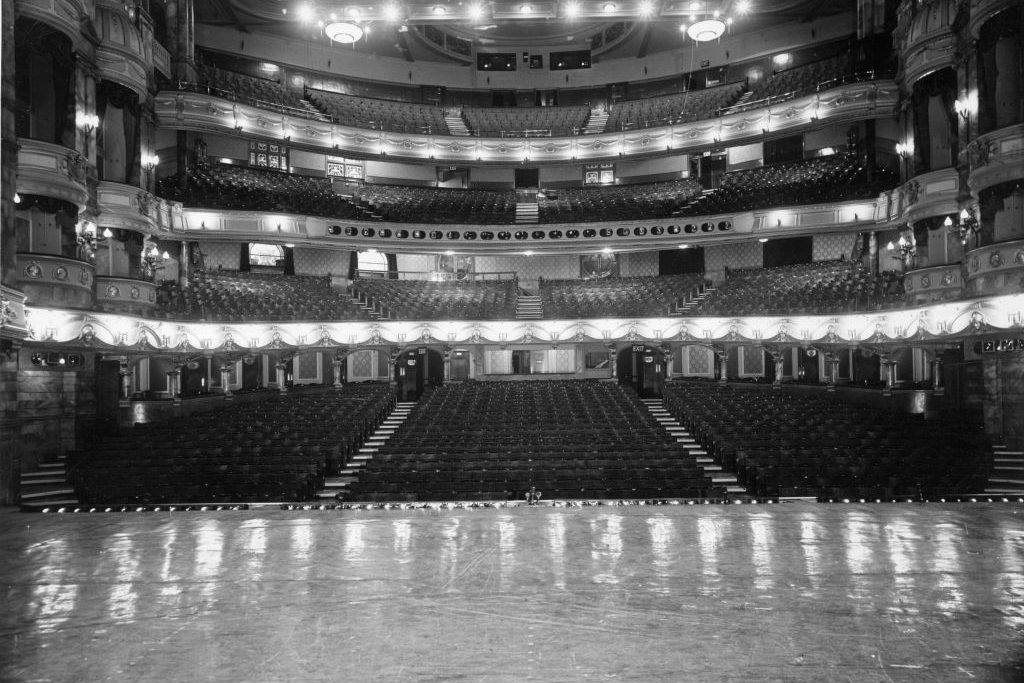






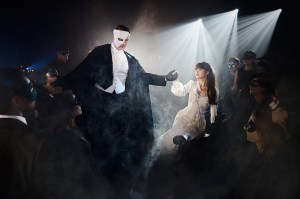

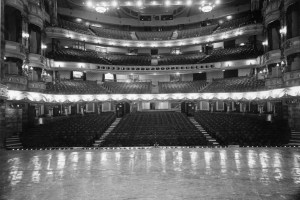
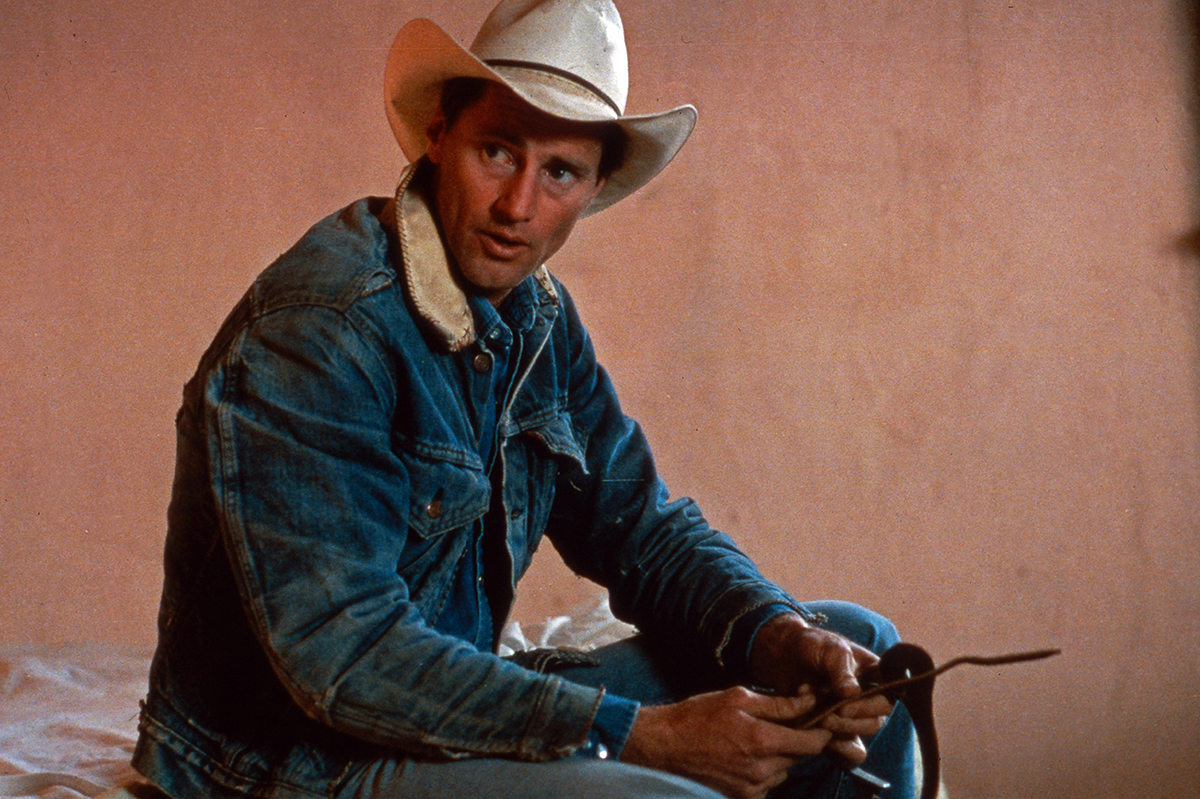
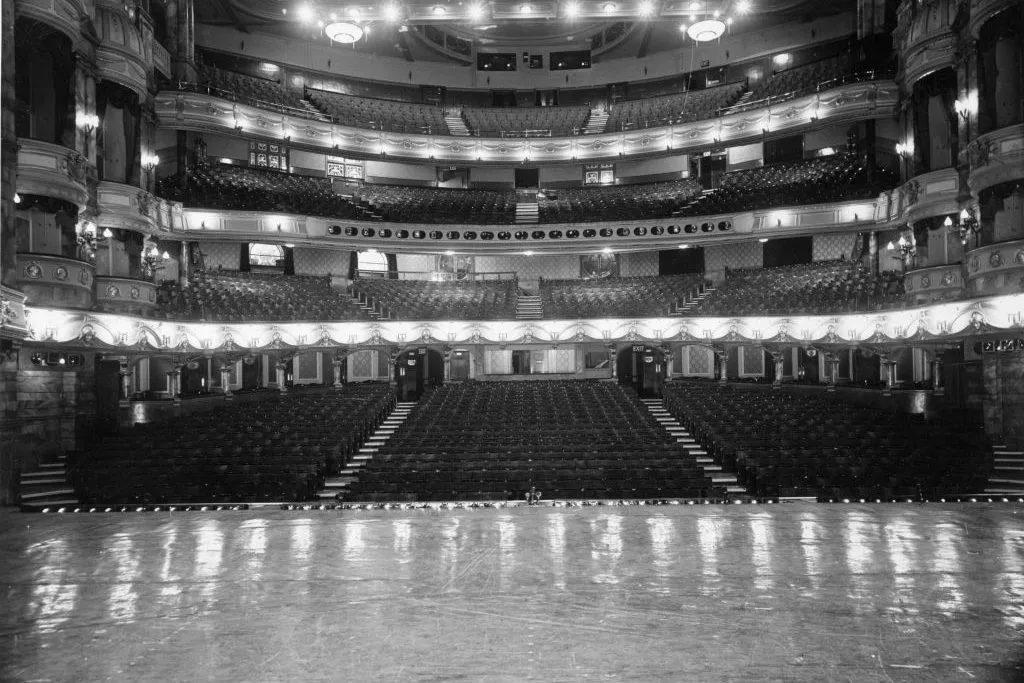
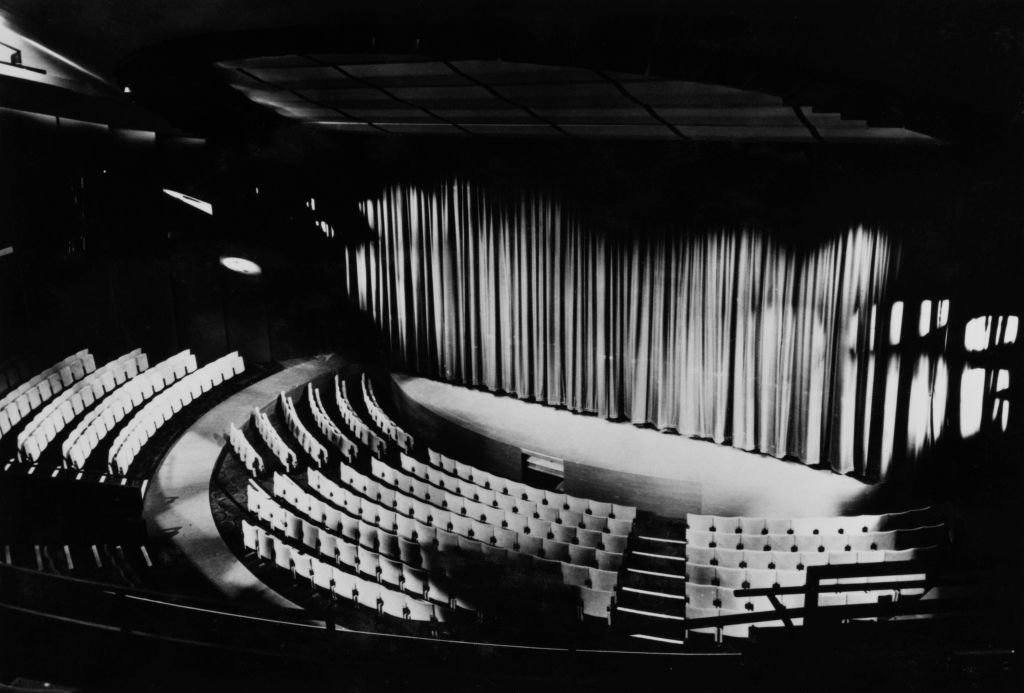
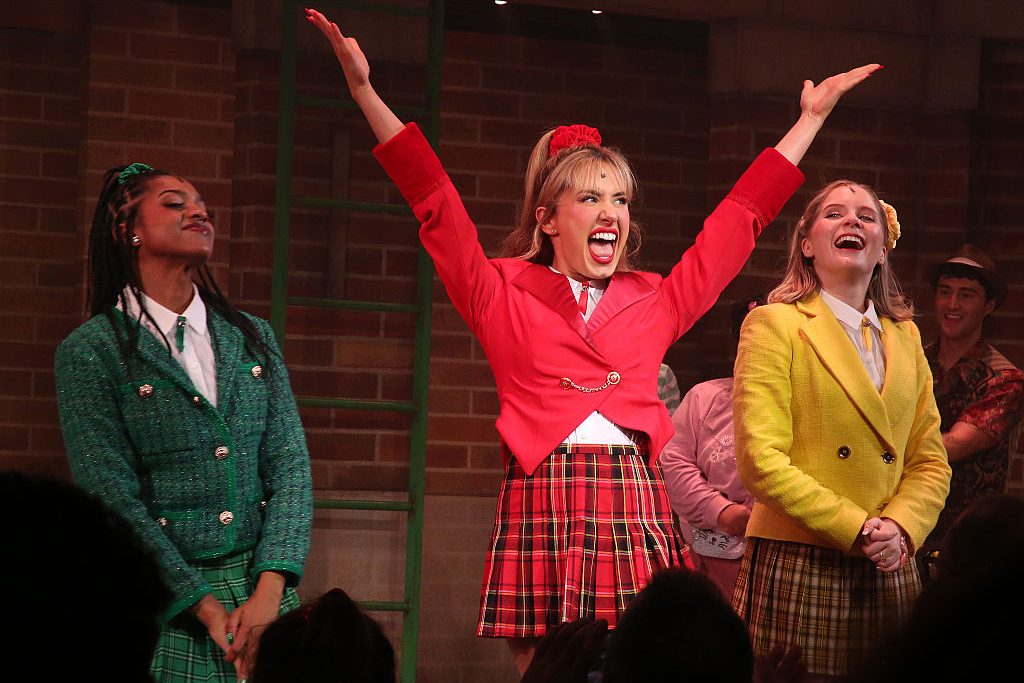

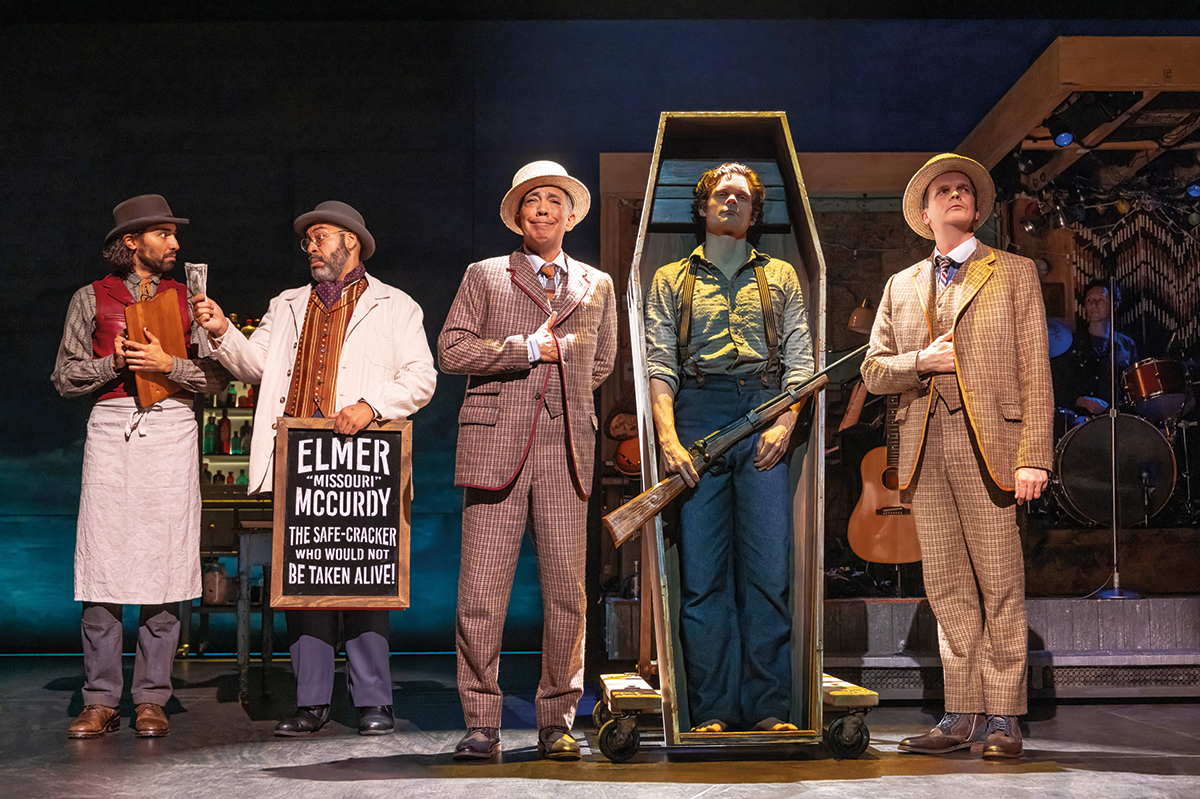







Leave a Reply